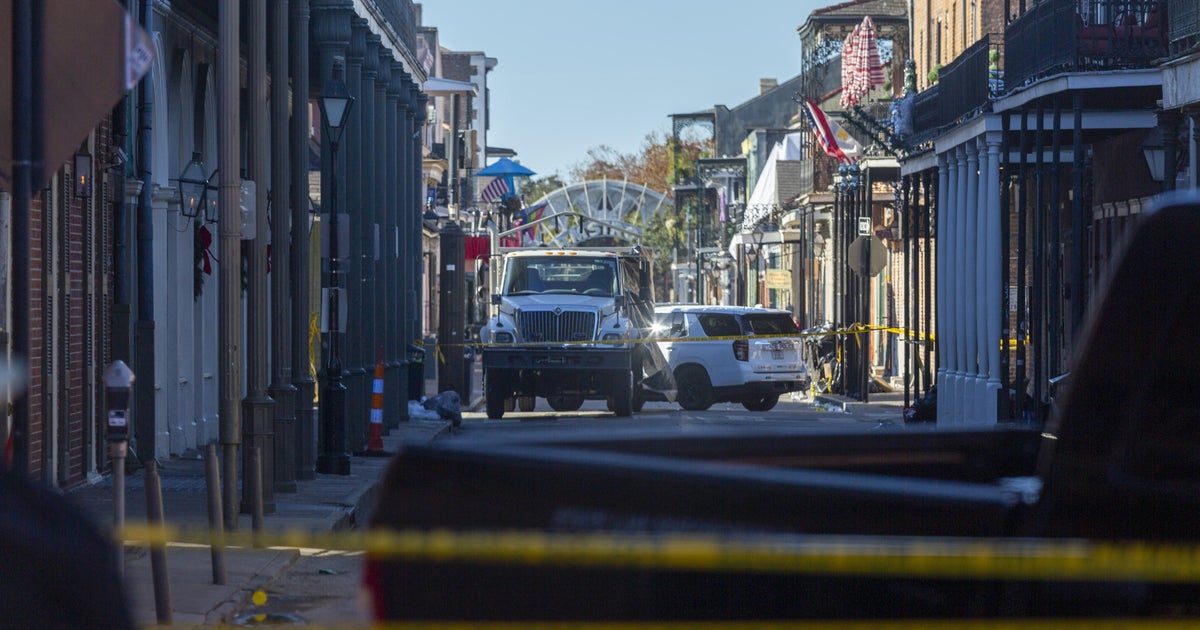Richmond City Council settles with Chevron, pulls tax measure off November ballot
Just hours before a deadline to pull measures off the November ballot, the Richmond City Council on Wednesday officially accepted a settlement with Chevron, bringing the city more than $500 million over 10 years.
Approved by the council on June 18, the ballot proposal would have asked voters to decide whether the city should impose a $1 per barrel tax on feedstock (oil or other raw material used in the industrial process) refined at Chevron's Richmond refinery for 50 years. A staff report for Wednesday's meeting said the city finance director estimated it would bring Richmond $60 to $90 million per year.
Chevron offered to pay $300 million over 10 years, which they increased to $550 million if the city dropped the ballot measure.
Just before the unanimous vote, Richmond Mayor Eduardo Martinez called it a historic moment and said the fight over Richmond's environment isn't over.
"The community of Richmond has created a movement that will echo across the nation," Martinez said. "What's happened here has demonstrated to the community, to the nation, to the world, that when we as people pull together, we can create change. And that by standing up for environmental justice just as we have, other communities too can require that their polluters do the right thing, either by measure or by negotiation."
The city has already been sued by a local resident and a nonprofit over the language in the ballot proposal, over which Chevron also indicated it would sue. More than one councilmember referred to a similar ballot measure passed by the Southern California city of Carson taxing a local refinery in 2017, which is still being held up by the courts.
Councilmember Doria Robinson, who grew up in Richmond's Iron Triangle area, said Carson hasn't seen "a dime" of that tax money.
"If we were fighting around the kind of pollution that was going into our air, I would be in it to the bitter end because it's about the point, but this has always been about money," Robinson said. "(It's) about paying their fair share. I think that a half a billion dollars for this community is something that this community needs."
Brian Hubinger, senior manager of public and government affairs at Chevron, told the council the agreement found common ground.
"This agreement will allow Chevron Richmond to continue to employ thousands of Bay Area residents and remain focused on providing the affordable, reliable and ever-cleaner energy this region demands every day, while also supplying the city with much needed additional funding to support our community's needs," Hubinger said.
Chevron will pay the city $50 million annually for the first five years and $60 million annually for the remaining five years of the deal. The money will go into Richmond's general fund and Chevron has agreed not to take credit for how the city spends it. The agreement won't affect any of the other taxes Chevron already pays the city, including property taxes, the city's Measure U business license tax and a utility users' tax.
The city and Chevron struck a similar deal in 2010, for less money, that expires next year.



